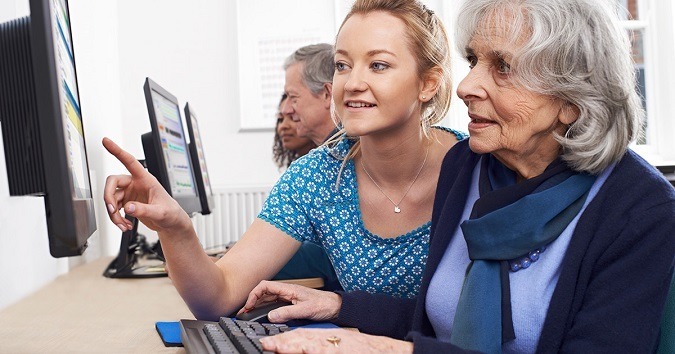Posts Tagged ‘brain-training-exercises’
Study: Self-driving cars will increase motion sickness…unless we retrain our brains to improve visuospatial skills
Is brain training the cure for car sickness? (The Sunday Times): RESEARCHERS from the University of Warwick think they’ve found the cure for motion sickness, a condition to which a third of people are highly susceptible and from which anyone can suffer. The implications could be significant should fully driverless vehicles become a reality, with passengers…
Read MoreFrom Lifespan to Healthspan: Brain Scientists Tap Into The Secrets Of Living Well Longer
_____ AUSTIN, Texas — Retired state employees Vickey Benford, 63, and Joan Caldwell, 61, are Golden Rollers, a group of the over-50 set that gets out on assorted bikes — including trikes for adults they call “three wheels of awesome” — for an hour of trail riding and camaraderie. “I love to exercise, and I…
Read MoreWith pharma exiting Alzheimer’s research, new hope (and urgency) seen in the combination of brain training and transcranial direct current stimulation (tDCS)
___ What does the future hold for the war on Alzheimer’s? (The Globe and Mail): “After spending huge sums on clinical trails in recent years, the pharmaceutical industry has failed to find a drug that can halt the mind-robbing disease. And this month, Pfizer announced it is ending its Alzheimer’s research, although other companies haven’t thrown…
Read MoreBrain training can work when properly targeted…as in this new vision study
Focusing the brain on better vision (The New York Times): “As adults age, vision deteriorates. One common type of decline is in contrast sensitivity, the ability to distinguish gradations of light to dark, making it possible to discern where one object ends and another begins. But new research suggests that contrast sensitivity can be improved with…
Read MoreNew Summit Sponsor and Partners
We’re delighted to add Brain Resource to the roster of Sponsors of the upcoming 2011 SharpBrains Summit, and the Center for Technology and Aging and the Brain Injury Association of Canada to the roster of Partners. Thank you for your support!
Read MoreNintendo Brain Training and Schools
An interesting recent article announcesPupils to start day with Nintendo Brain Training(UK’s Daily Telegraph). Some quotes: — “Children at 16 primary schools are to start each day by playing on a Nintendo games console, it was disclosed yesterday.” — “The pupils will play “brain training” exercises before lessons after a pilot scheme at a school…
Read More




